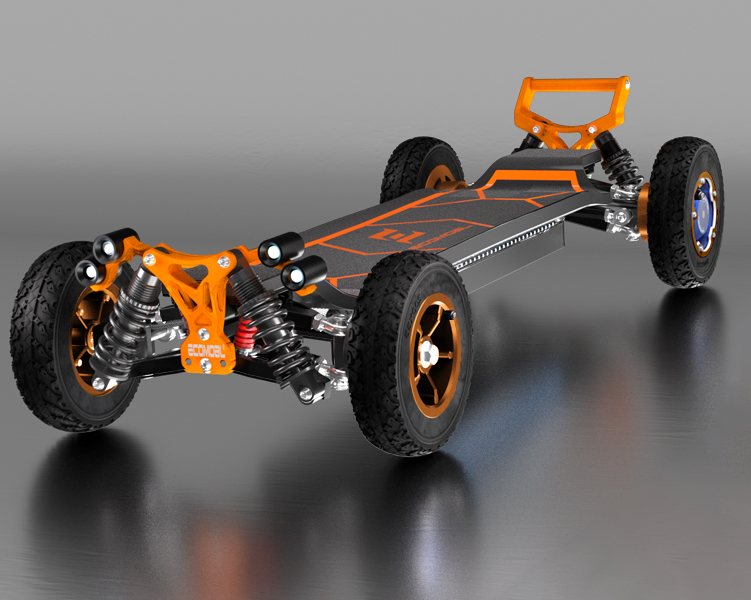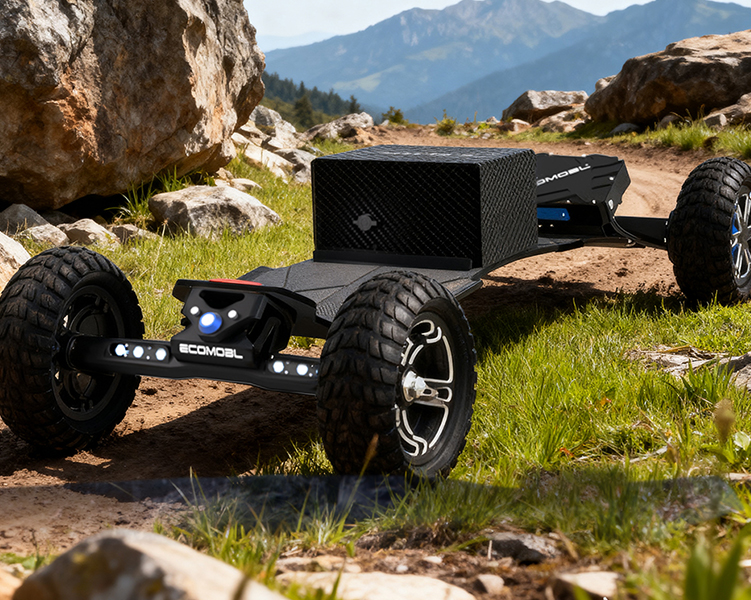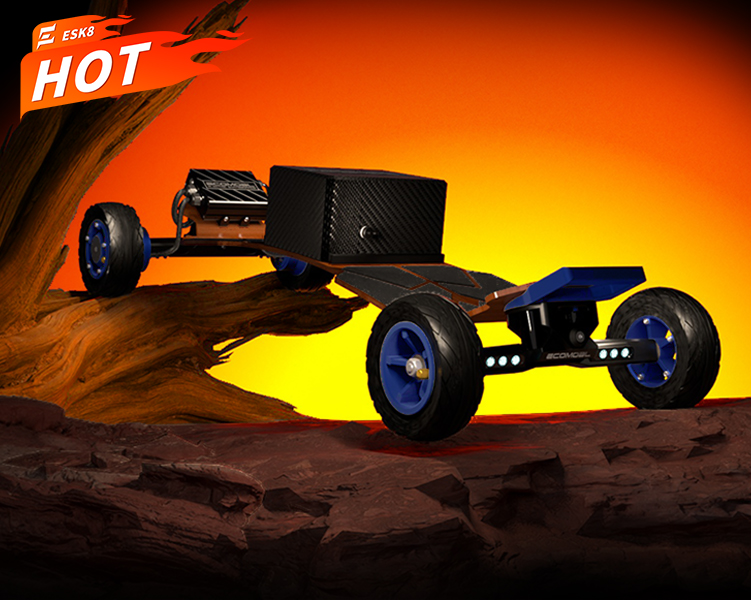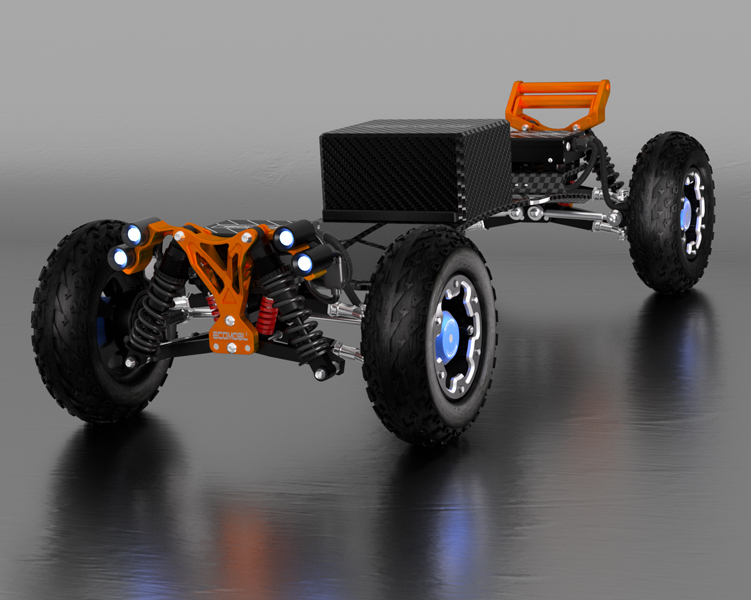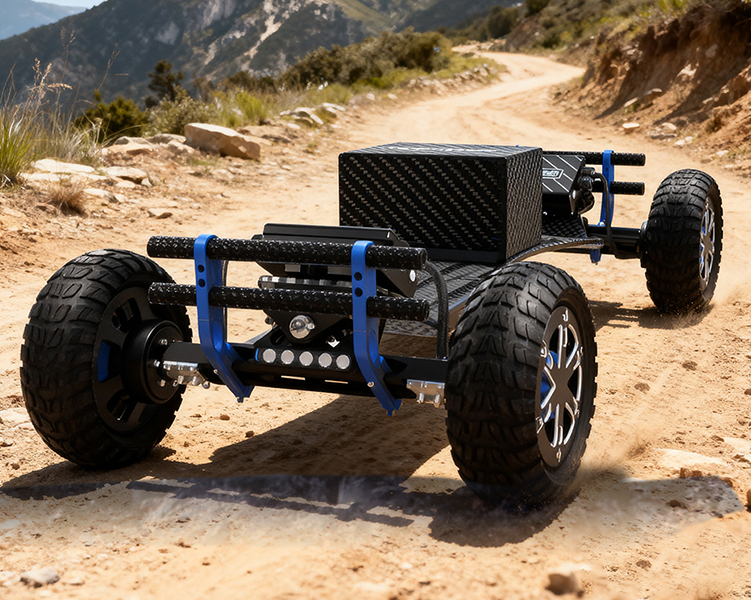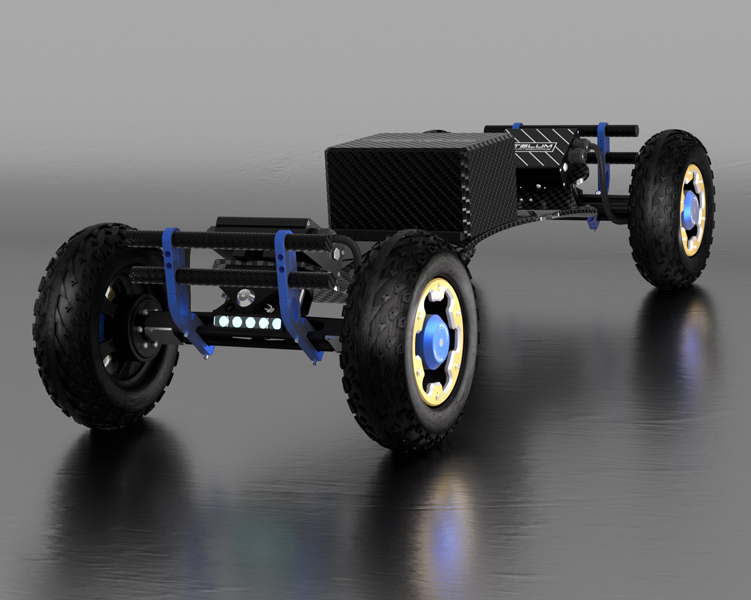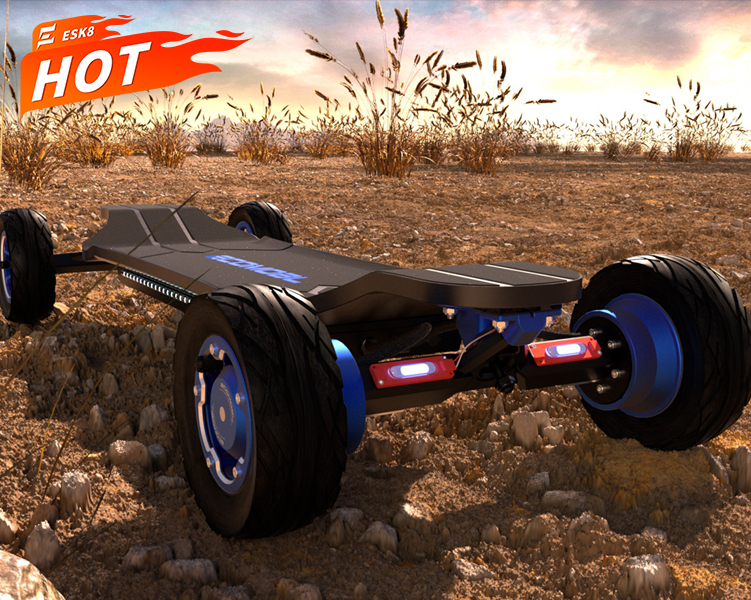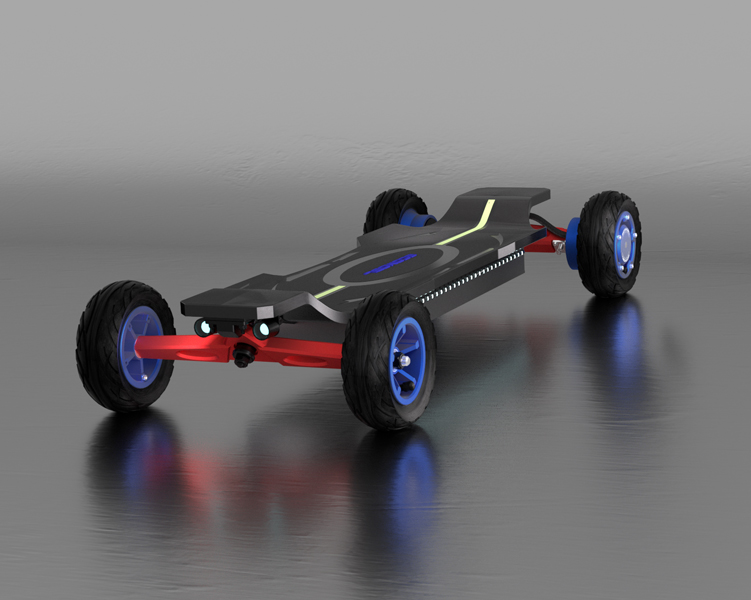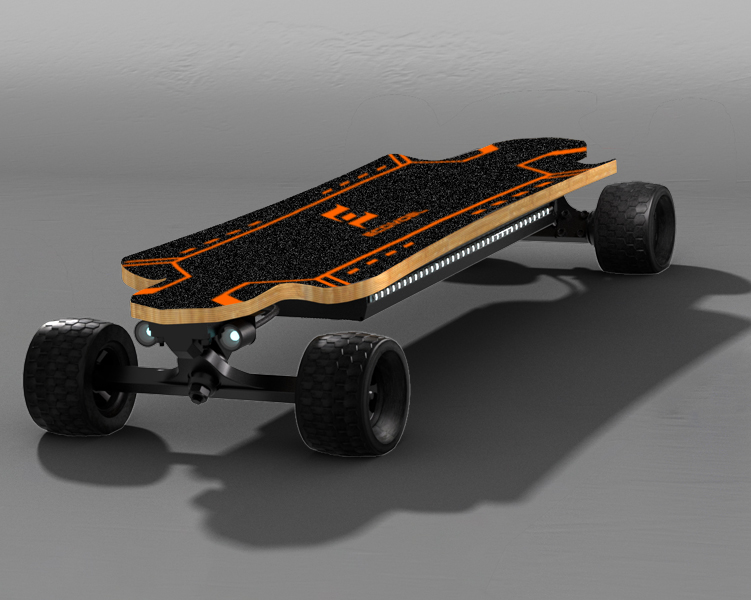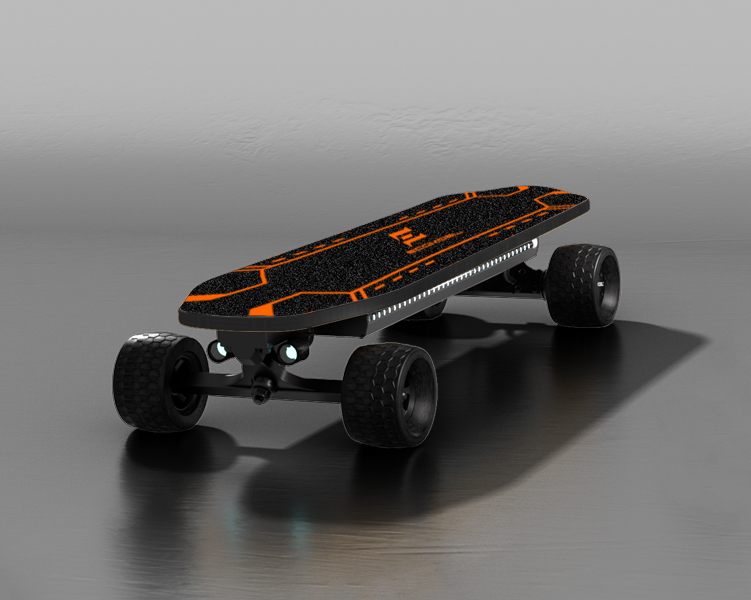Discover the Best Electric Skateboards
Electric skateboards have completely changed the way people travel and enjoy outdoor adventures. Unlike regular skateboards, which are limited to smooth pavement, all-terrain e-skateboards are designed to take you further and give you the freedom to ride almost anywhere. Built with stronger motors, larger wheels, and durable decks, these boards can handle roads, trails, and off-road surfaces with ease.
Our collection brings together electric skateboards, carefully designed to match different riding styles and preferences. Whether you want speed, stability, or the ability to conquer rough ground, there is a board for you. We focus on three main series:
Electric Longboard Series – Smooth and Fast Rides
If you enjoy cruising with speed and comfort, the Electric Longboard Series is your best choice. These boards are perfect for city rides, long-distance commutes, and smooth paths. With long decks, bigger wheels, and powerful motors, they provide a stable ride that feels effortless.
Electric longboards are also built for higher speeds and longer ranges, so you can cover more ground without worrying about running out of power. They glide over pavement with ease, making them ideal for anyone who wants a reliable and fast way to get around. If your goal is to enjoy smooth rides on roads or bike paths, this series is exactly what you need.
Electric Mountain Board Series – Built for Adventure
For those who crave excitement and adventure, the Electric Mountain Board Series is designed to handle rugged trails and challenging terrain. These boards are built with large air-filled tires, heavy-duty suspension systems, and strong motors that give you the power to climb hills and roll over rocks, roots, and uneven ground.
Mountain boards are perfect for riders who love exploring nature. Whether you are riding through forest paths, hilly landscapes, or dirt tracks, these boards can take you there. They are tougher and more durable than standard boards, giving you confidence to ride in places where a normal skateboard simply can’t go. If you want to mix skateboarding with adventure sports, the mountain board series is your answer.
Off-Road Electric Skateboard Series – Conquer Any Surface
The Off-Road Electric Skateboard Series is built for riders who want maximum freedom. These boards are versatile and can handle surfaces like grass, gravel, sand, or dirt. With special wheels designed for grip and stability, they keep you in control even on uneven or slippery ground.
This series is all about giving you the thrill of riding without limits. Whether you’re cutting across open fields, rolling over gravel roads, or testing your skills on outdoor tracks, off-road skateboards are made to perform. They combine durability with powerful performance, making every ride exciting and adventurous.
Why Choose Ecomobl Skateboards?
Ecomobl electric skateboards are more than just a way to travel; they are built for fun, exploration, and freedom. They allow you to:
-
Ride on different surfaces, not just pavement.
-
Enjoy powerful motors and long-lasting batteries.
-
Experience both speed and control.
-
Explore new places and outdoor paths with confidence.
No matter your riding style, our lineup offers something for everyone. From smooth city rides to challenging mountain trails, these boards are designed to give you unmatched performance.
If you are ready to combine adventure with technology, explore our best collection of all-terrain e-boards and take your riding experience to the next level.




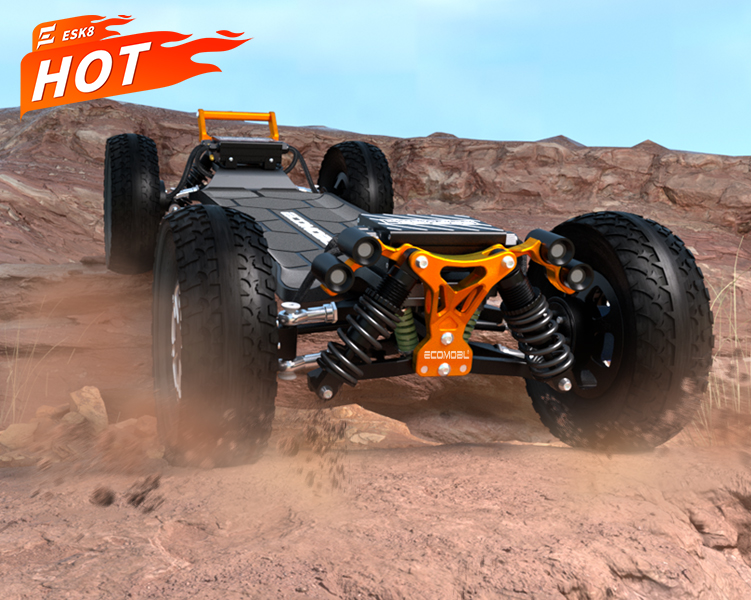

.jpg)
